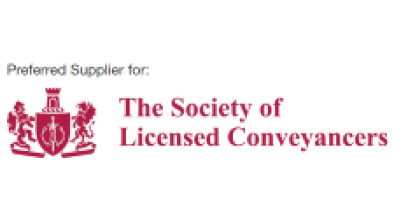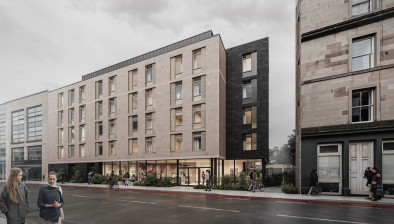Scottish Law Commission to look at compulsory owners’ associations for tenements
The Scottish Law Commission has received a reference from the Scottish Government on establishing compulsory owners’ associations in tenement properties.

The project will consider the establishment, formation, and operation of compulsory owners’ associations in Scottish tenements, together with the rights and responsibilities to be imposed on them.
The reference asks the commission: “To review the law of the tenement in Scotland, including the Tenements (Scotland) Act 2004, and make recommendations for reform to implement recommendation 2 (establishing compulsory owners’ associations) of the Final Recommendations Report dated 4 June 2019 of the Working Group on Maintenance of Tenement Scheme Property.
“Your recommendations should include proposals on the establishment, formation and operation of compulsory owners’ associations and the rights and responsibilities to be imposed on them, including, insofar as you consider appropriate and desirable, such rights and responsibilities in relation to recommendations 1 (building inspections) and 3 (establishment of building reserve funds) of the report.”
In March 2018, the Scottish Parliament established a cross-party working group to consider difficulties with the state of repair of Scotland’s tenement properties. The working group consisted of a number of MSPs and various individuals and organisations with expertise in property management and law. The working group set out three primary recommendations for reforming the law of the tenement in order to improve matters:
- a requirement for buildings to be inspected every five years;
- establishing compulsory owners’ associations; and
- the establishment of building reserve funds.
The essence of the second recommendation is that the owner of every tenement flat in Scotland should be required to enter into an association with the owners of the other flats in the same building. The key purpose of the association would be to manage maintenance and repair of the building. The project aims to set out an appropriate legislative basis for implementing this recommendation.
The working group described some key features of the proposed owners’ associations as follows:
- the association would have legal personality which would allow it, among other things, to enter into contracts;
- the association would be required to hold an annual meeting, which would prevent absent or apathetic owners holding up repairs;
- the association would have the ability to control an annual repair plan and budget;
- the association would be empowered to delegate certain rights and responsibilities, including the right to pursue non-paying owners, to a manager.
The working group considered a body of this kind to be “an essential element of tenement maintenance by providing leadership, effective decision-making processes and the ability of groups to enter into contracts”.
Given the complex policy and legal issues (notably around the interaction of any proposed legislation with existing property titles and human rights concerns), the working group recommended that the matter be referred to the Scottish Law Commission for further consideration and development.
Outlining the progress so far, the Scottish Law Commission said: “We are currently carrying out a preliminary scoping exercise to identify the legal issues which arise from the Working Group Report. We will shortly put in place an expert advisory group to support our work on the project as it develops.
“We intend to engage widely with stakeholders who may be affected by the subject matter of this project and will provide further details on our plans for engagement as the project progresses.
“The results of this engagement, together with our own detailed research on the issues, will contribute to a Discussion Paper which we intend to issue in Autumn 2023. The paper will seek views on any significant questions or preliminary proposals that we might have. This public consultation will remain open for approximately three months.
“When we have analysed responses to that Discussion Paper we hope to be in a position to provide the Scottish Government with a report detailing our recommendations and providing a draft Bill for their consideration. We currently estimate that this will be in Spring 2026, as requested in the reference letter.”







